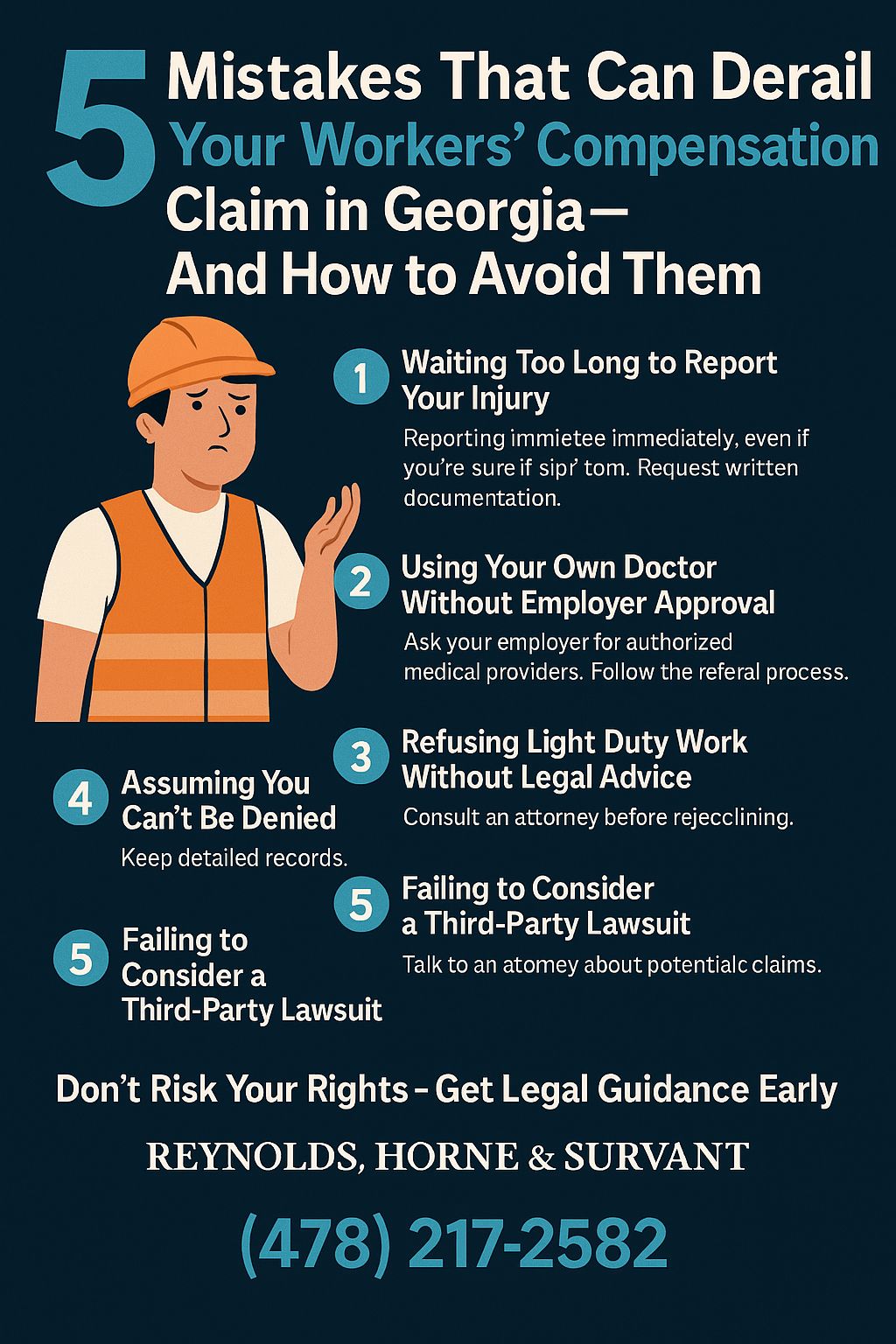If you or a family member are the victim of a catastrophic personal injury, you are entitled to be compensated for the damage done as well as future medical costs. Your compensation may also include past medical bills, potential income loss and incidental costs caused by the accident, pain and suffering.
Wrongful death refers to situations wherein one person dies due to the negligence of another. Wrongful death cases usually arise as the result of a variety of incidents including car accidents and medical malpractice.
How you make a wrongful death claim varies depending upon a state’s statues. In some cases, a decedent’ s next of kin may be allowed to bring the cause of action on their own behalf as a result of damages suffered after a death. Your attorney will advise you on how you should proceed with such a case.
Some states allow family members to bring a cause of action on the decedent’s behalf. These statues are called “survival acts”, and are put in place to preserve the rights of the deceased at the time of death. Some states allow both types of actions to be brought as claims.
The most common types of claims include:
-Amputations
-Brain damage
-Neck and spinal cord injuries, and
-Severe burns
The statute of limitations on filing such a case vary from state to state. As a general rule, the claim must be filed within two years of the incident that caused the wrongful death. However, in certain cases, the statute of limitations may be as short as one year. And there are sometimes special considerations when there is a minor child involved.
If you have legal questions about wrongful death lawsuits, please give our office a call. Consultations are always free.




